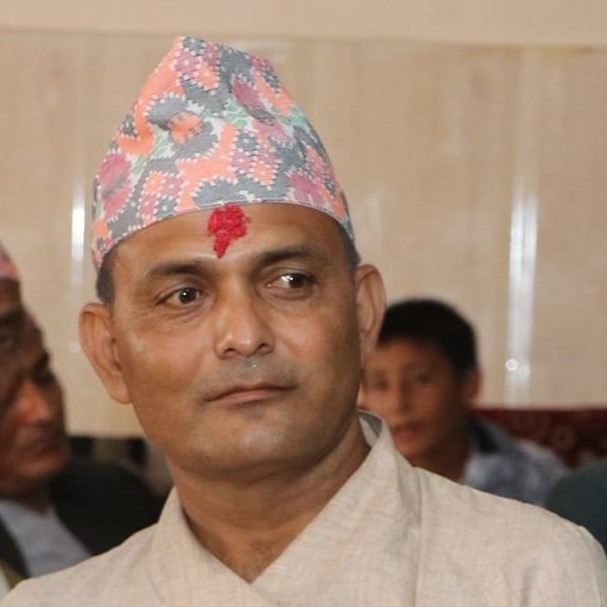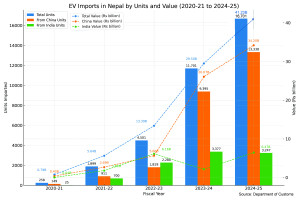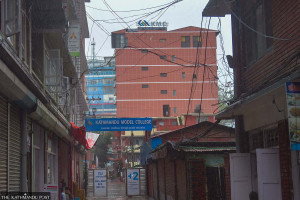Money
40 factories in Sunsari-Morang Industrial Corridor shut down
The Sunsari-Morang Industrial Corridor, one of Nepal’s key industrial regions, has been losing factories with 40 units shut down over the last five years, said CBS
Binod Bhandari
The National Census of Manufacturing Establishment 2011-12 conducted by the CBS has revealed that the number of manufacturing units decreased from 295 in fiscal 2006-07 to 255 in fiscal 2011-12. During the same period, the number of factories nationwide jumped 18.3 percent.
Industrialists have blamed political instability, energy crisis, labour problems and inability of Nepali manufacturers to compete in the international market for the drop in the number of factories in a major industrial region.
Industry Association Morang President Shiva Shankar Agrawal said that readymade garment and textile factories were hit the hardest.
Jute mills have been closing down due to the failure to compete in the Indian market after the government stopped subsidizing electricity. Lately, the country’s oldest factory Biratnagar Jute Mill pulled down its shutters.
“A large number of rolling mills and vegetable ghee factories have also closed down,” said Agrawal.
Meanwhile, joblessness has risen in the region due to the closure of labour intensive factories, said the CBS. More than 20,000 people were employed in the industrial corridor in fiscal 2006-07. By fiscal 2011-12, the figure had fallen to 18,000. The report said that around 2,500 people were laid off during the last five years.
Labour intensive manufacturing units like garment, jute and timber factories have been closing down in large numbers. However, the number of factories producing beverages and bakery and dairy products has surged during the review period, said the CBS.
Industrialists said that the garment industry lost Rs 3 billion after entering a slump triggered by the scrapping of the quota system by the US, the largest market for Nepali garments.
More than a dozen garment factories including Surya Nepal’s Garment Division, Ami Apparels, JD Apparels, Shangri-La Garment and Unique Fashion went under during the period.
Acting President of the Purbanchal Chamber of Commerce and Industry Rajendra Raut said that the closure of the garment and carpet industries resulted in investment losses of over Rs 3 billion.
Over the last two decades, textile factories like Ashok Textile, Prabhat, Shaha and Jagadamba Textile were closed down.
Raut said that smuggling of Indian textiles into Nepal was the main reason behind the domestic textile industry’s troubles. Traders said that textiles worth more than Rs 4 billion were being smuggled into eastern Nepal every year.
Similarly, seven vegetable ghee factories which were fully dependent on the Indian market have closed down. They had been opened to take advantage of the duty exemption provided to Nepali ghee by the Indian government. But after the exemption was extended to all countries, domestic factories were quickly outpriced by their competitors.
Moreover, India has imposed quantitative restrictions on Nepali ghee through the trade treaty signed between the two countries.
Shree Niwas Sharada, an industrialist involved in the vegetable ghee industry, said it suffered a loss of Rs 500 million. Copper, zinc and brass industries have also suffered losses.
Khemchan Jain, proprietor of Shivalaya Metal, said he lost Rs 80 million after the factory was closed down. During the decade-long conflict, rolling mills, jute mills, match factories and soap factories were closed down. Owners of rolling mills suffered losses totalling Rs 200 million, said industry sources.
According to the CBS, Rs 30.58 billion has been invested in the Sunsari-Morang Industrial Corridor as of fiscal 2011-12. The factories here produced goods worth Rs 37.58 billion and paid Rs 7.4 billion in value added tax to the government.
Member of the Industries Association Morang Nanda Kishor Rathi said that the industrial zone here failed to attract new capital due to the government’s failure to assure investors that their investments would be secure.
“The corridor will definitely attract more investment if the government creates a conducive environment for investment security and ends load-shedding,” he added.




 20.71°C Kathmandu
20.71°C Kathmandu

















